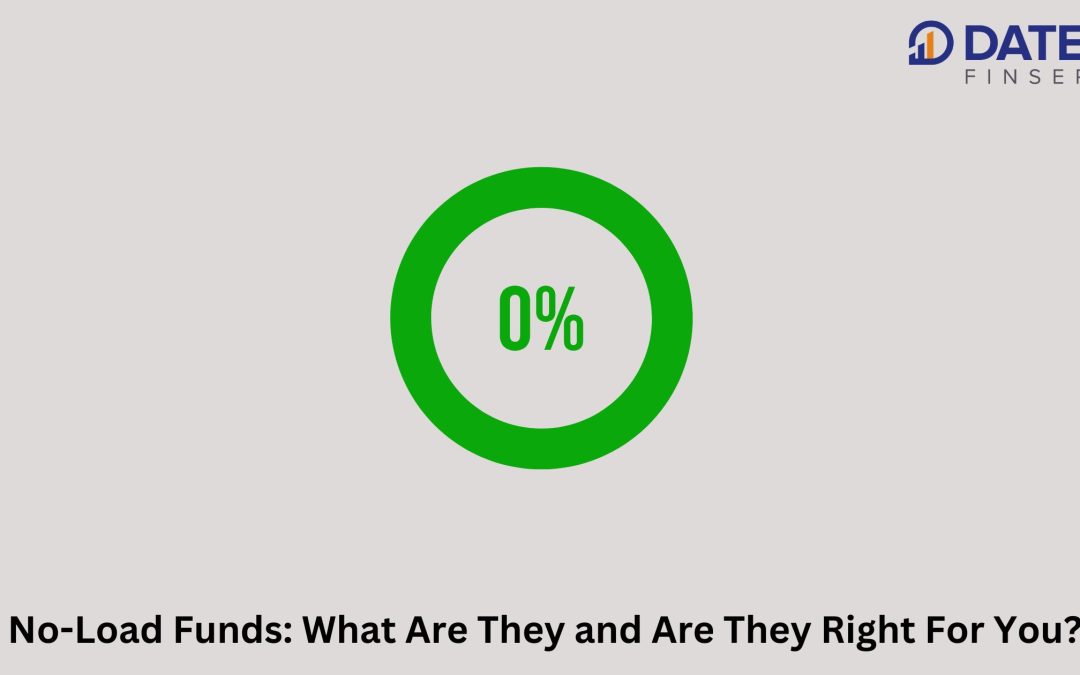When you’re looking to invest in mutual funds, you’ll come across two main types: load funds and no-load funds. Load funds charge a sales commission when you buy or sell shares, while no-load funds do not. This can save you money on your investment fees, but there are some other things to consider before you invest in a no-load fund.
What are no-load funds?
No-load funds are mutual funds that do not charge a sales commission when you buy or sell shares. This means that the full amount of your investment goes into the fund, minus any applicable fees. No-load funds are typically sold directly by the fund company, rather than through a broker.
Why invest in no-load funds?
There are a few reasons why you might want to invest in no-load funds. First, they can save you money on your investment fees. The sales commission on a load fund can be as high as 5%, so if you invest Rs.10,000 in a load fund, you’ll lose Rs.500 just to buy the shares. No-load funds don’t have this fee, so you can keep more of your money invested.
Second, no-load funds are often more transparent than load funds. Because they’re sold directly by the fund company, you’re more likely to have access to all of the fund’s information, including its fees, performance history, and investment strategy.’
read it also- Target-Date Funds
Are no-load funds right for everyone?
No-load funds aren’t right for everyone. If you need help choosing a mutual fund, or if you want to get advice from a financial advisor, you’ll need to use a broker. Brokers typically charge a fee for their services, so you’ll have to weigh the cost of the fee against the potential savings from investing in a no-load fund.
How to choose a no-load fund?
in mind:
- Do your research. Before you invest in any mutual fund, you should research the fund’s performance history, fees, and investment strategy. You can find this information on the fund’s website or in its prospectus.
- Consider your investment goals. What are you hoping to achieve with your investment? If you’re looking for long-term growth, you’ll need to choose a fund that’s invested in stocks. If you’re looking for income, you’ll need to choose a fund that’s invested in bonds or other fixed-income securities.
- Compare fees. Even though no-load funds don’t charge a sales commission, they may still have other fees, such as an expense ratio. The expense ratio is a percentage of your investment that’s paid to the fund’s manager and other expenses.
Conclusion
there are other factors to consider before you invest in a no-load fund, such as your investment goals and the fund’s fees. Do your research and compare funds before you make a decision.

